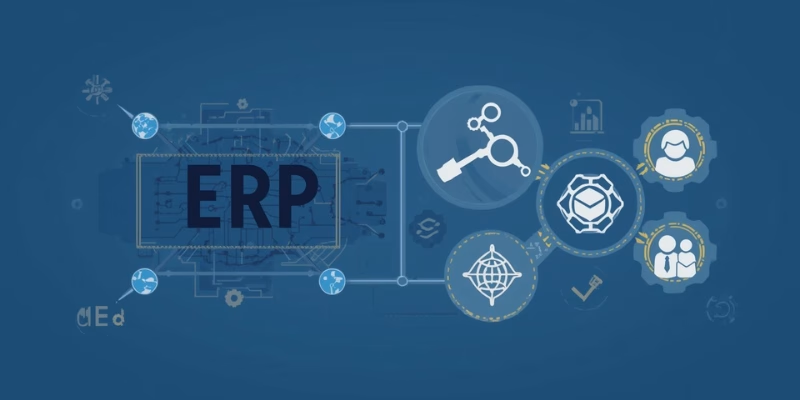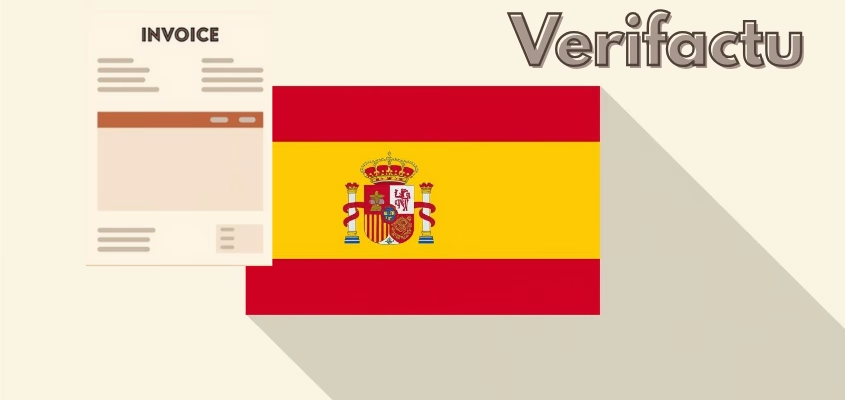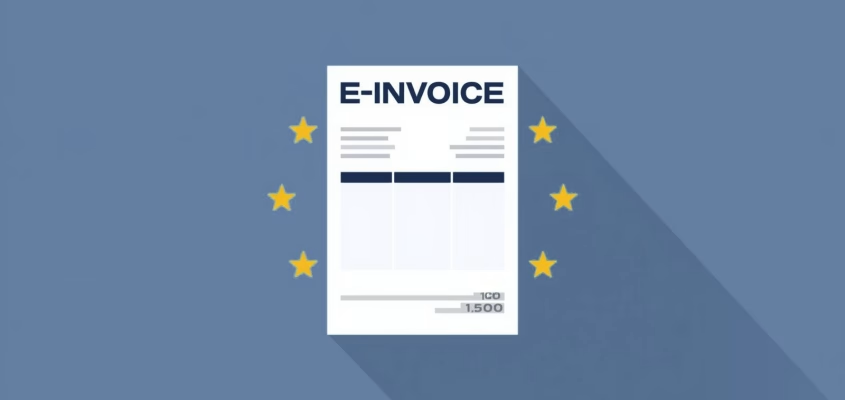The introduction of the mandatory e-invoice shifts the focus away from the mere PDF towards structured data. This is particularly noticeable in the service description: what was previously often outsourced to attachments, service specifications or delivery notes must now at least essentially be in the data file of the e-invoice itself.
Read MoreE-invoicing: 7 points that entrepreneurs need to know now
The basic topic of mandatory e-invoicing has now arrived in most companies. The real uncertainty today lies elsewhere: in the details
Read MoreMARIProject 8.0.000: New design, expanded production and optimised processes
With MARIProject 8.0.000, users get a revised design with flexible Horizon themes, closer integration with the SBO Web Client
Read MoreAI-ERP transformation basics and AI governance
The modernisation of monolithic ERP systems through artificial intelligence (AI) does not start with algorithms, but with a clear understanding. Companies must first analyse how their existing ERP system is structured, where operational bottlenecks arise and what specific potential AI offers
Read MoreVerifactu in Spain: the new invoicing obligation
Spanish companies are facing a turning point in their digital accounting.
Read MoreThe e-invoicing regulations in Europe
Electronic invoicing is no longer a topic of the future, but is becoming a legal requirement in many European countries. Driven by EU initiatives such as ViDA (VAT in the Digital Age), a patchwork of national regulations with an increasingly binding character is emerging. For companies - especially SMEs - this means that the transition from paper-based or PDF invoices to structured, machine-readable e-invoices is no longer optional, but a regulatory necessity
Read MoreFrom data tomb to think tank: AI in ERP systems
ERP systems are evolving with AI from passive data storage systems to learning systems.
Read MoreNew features in SAP Business One 10.0 FP 2508
With Feature Package 2508 for SAP Business One 10.0, SAP is clearly focussing on the web client - and delivering numerous improvements that make day-to-day work in the areas of finance, sales, purchasing, administration and data analysis noticeably easier.
Read MoreTravel expense report 2025
Travel expense accounting 2025 - digital processes instead of paperwork Business trips are part of
Read MoreCANDIS for SAP Business One
Intelligent document recognition: when AI wins the paper war Anyone who works in
Read More








